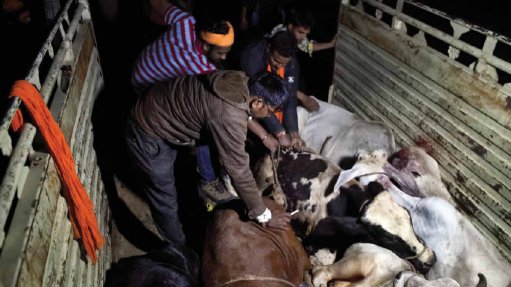
On March 18, 2016, a group of men murdered two Muslim cattle herders who were on their way to sell bulls at an animal fair in India’s Jharkhand state. The attackers, all linked to a local “cow protection” group, accused Mohammed Mazlum Ansari, 35, and Imteyaz Khan, 12, of selling the cattle for slaughter, then beat them to death and hanged their bodies from a tree. Imteyaz’s father, Azad Khan, said he watched helplessly as the attack took place: “I hid in the bushes when I saw them beating up Imteyaz and Mazlum. If I stepped out, they would have killed me too. My son was screaming for help, but I was so scared.”
Members of the Bharatiya Janata Party (BJP), since coming to power at the national level in May 2014, have increasingly used communal rhetoric that has spurred a violent vigilante campaign against beef consumption and those deemed linked to it. Between May 2015 and December 2018, at least 44 people—36 of them Muslims—were killed across 12 Indian states. Over that same period, around 280 people were injured in over 100 different incidents across 20 states.
The attacks have been led by so-called cow protection groups, many claiming to be affiliated to militant Hindu groups that often have with ties to the BJP. Many Hindus consider cows to be sacred and these groups have mushroomed all over the country. Their victims are largely Muslim or from Dalit (formerly known as “untouchables”) and Adivasi (indigenous) communities.
This report details 11 vigilante attacks that killed 14 people and the government response. It examines the link between cow protection and the Hindu nationalist political movement, and the failure of local authorities to enforce constitutional and international human rights obligations to protect vulnerable minorities. In most of the cases documented here, families of victims, with the support of lawyers and activists, were able to make some progress toward justice, but many families fear retribution and do not pursue their complaints. The report also examines the impact of the attacks and the government response on those whose livelihoods are linked to livestock, including farmers, herders, cattle transporters, meat traders, and leather workers.
Report by the Human Rights Watch